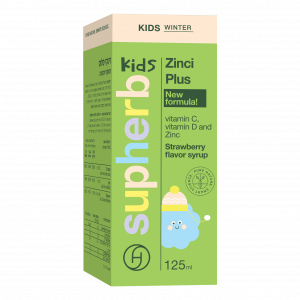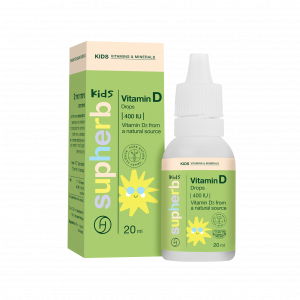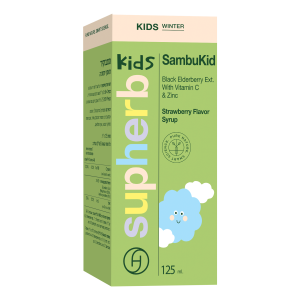- Home
- Infants and kids
- Vitamin D for Children: Why is it Important?
Vitamin D for Children: Why is it Important?
- Vitamin D is essential for bone integrity and has great importance during childhood for proper development of bone structure and teeth.
- Maintaining a normal level of vitamin D is essential for the immune system.
- Taking vitamin D daily is recommended for infants and children, starting at birth.

Vitamin D for children – it’s important to protect our little ones from the scorching sun during the summer months, however, this important protection can also cause them not to get their required amounts of vitamin D. what’s the solution? Click to find out.
Vitamin D for children
Each summer, we, as parents, try to keep our children safe from the damaging effect of sun exposure. We’re all aware of the fact that prolonged exposure to the sun can bring with it a variety of issues and that’s why we cover their delicate bodies with long sleeves, make sure to apply sunscreen, put a hat on their heads and make sure they stay in the shade. These actions are important and necessary, but they can result in a different issue: a vitamin D deficiency among toddlers, infants and children. Furthermore, most children nowadays spend their indoors, in front of a computer, smartphone, iPad and in classrooms at school, daycare and kindergarten. As a result, they’re less exposed to the sun and therefore the chances of having a vitamin D deficiency increase.
The importance of vitamin D for children
Vitamin D is essential for the development of young children. It aids in the absorption of calcium from the colon and is therefore responsible integrity of the bones and teeth. A vitamin D deficiency can lead to damage in bone integrity, increased risk of fracture and rickets in children (a disease that manifests in soft bones), as well as irritability, restlessness, indifference and fatigue. Vitamin D has additional roles in the normal functioning of many other systems and organs in the body such as the normal functioning of the immune system and the body’s natural defenses. In recent years, studies have linked vitamin D deficiency with many and varied health issues.
Can vitamin D be obtained from food?
About 90%-95% of the vitamin is formed on our skin as a result of exposure to the sun, and only about 5%-10% of it comes to us through food. The nutritional sources of vitamin D are few and are often disliked by children, including fatty fish, offal, eggs and fish oil.
So even though vitamin D can be obtained from food, as mentioned, it’s a very limited group of foods and therefore, there really isn’t an option to achieve the essential levels of vitamin D without sufficient exposure to the sun or consuming it as a supplement. Taking vitamin D as a supplement enables you to maintain its blood levels, even in cases in which the body doesn’t produce sufficient amount on its own and would prevent a deficiency.
Which vitamin D should you take?
There are two types of vitamin D available in the supplements market: vitamin D3 and vitamin D2. D2 is the inactive form in the boy and is discharged faster, while D3 is the active form of the vitamin and therefore the recommended one. According to various recommendations, in order to have effective and maximal absorption of vitamin D as a supplement, it should be taken with an animal or plant-based fatty component. However, notice that you can nowadays get vitamin D supplements that contain MCT- medium chain triglycerides, which significantly improves its absorption. So, thanks to the fatty acids, or triglycerides, vitamin D can be taken at any time and there’s no need to link it with fatty foods; it also comes in droplets, which is a very easy and available form, and even has an improved taste, especially for children.
Recommended vitamin D dosage.
Vitamin D is measured in international units (IU). The recommended daily dose of vitamin D changes according to age. The Ministry of Health recommends giving vitamin D3 starting from birth and up to the age of 12 month in a dosage of 400 IUs per day, including premature babies. After the age of 12 months, the recommended dosage is 600 IUs per day.
In a public recommendation letter published in 2020 by the Ministry of Health, it was stated that vitamin D was essential for the strengthening of the immune system and that in epidemiological observations, vitamin D deficiency has been linked with a negative effect on contagion and contracting respiratory infections. It also read that a normal level of vitamin D has been found to be connected to reduced covid-19 contagion and contraction.
Therefore, the Ministry of Health recommends taking the following dosages of vitamin D for children:
- Daily intake of 400 IU for infants up to 12 months.
- Daily intake of 600 IU for children 12 months or over.
- For infants and children over 12 months, who don’t leave their home, for a limited 6-week period, 1000 IU vitamin D (recommended by the Pediatricians’ Association).














